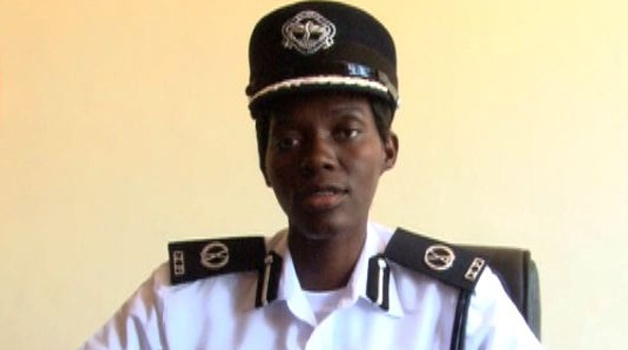By DAVID KANDUZA –
A SYNDICATE in which some medical personnel in Zambia are allegedly selling body organs to some South African hospitals for personal gain has been exposed.
But Ministry of Health spokesperson Reuben Mbewe has dispelled the allegations linking some major public hospitals to the sale of body parts for transplants as mere rumours.
According to some sources, the clandestine activities are said to have arisen following the increasing international demand for kidney replacements driven by the escalating cases of diabetes and other diseases.
The sources described the stealing of body parts for sale to biomedical supply companies as a huge enterprise.
The sources further revealed that some body parts went missing when a post-mortem was being conducted to establish the cause of death of a person.
They said although the law requires relatives, a lawyer, representatives of the hospital, and the Police to be present during a post-mortem examination, body parts still went missing despite labelling them.
The sources, however, did not have details of how the body parts were smuggled out of the country.
When contacted, Police said they had not received any reports on the matter and appealed to the public to report such activities.
The body organ trade is illegal in Zambia.
Police spokesperson Charity Chanda said the Police would launch investigations into the matter.
“We have not received such reports over the sale of human body parts, but we appeal to the public to report such activities,” Ms Chanda said.
The illegal trade in kidneys had increased to such a level that an estimated 10,000 black market operations involving purchased human organs now take place annually, according to World Health Organisation experts.
In Zambia thousands of patients die each year because of inadequate supply of organs as patients in need of kidney transplants wait for years in the hope of getting donors.
The sources said patients, many of whom go to China, India or Pakistan for surgery, could pay up to US$200,000 for a kidney.
There are almost 78 organs in a human body which vary according to their sizes, functions or actions, but the ones on high demand are kidneys, the heart and liver.
The sources said kidneys make up 75 per cent of the global organ trade due to diabetes, high blood pressure and heart problems, and fetch $262,900 in China and $62,000 in India.
The heart is worth about $997,700 while the liver fetches up to $557,100. The kidneys can go up to $262,900 in the Unites States of America, $62,000 in China, and $15,000 in India.
Out of the 78 organs of a male or female body, the skin is the largest organ with respect to its size and weight.
But Dr Mbewe said he had taken interest in the issue and stated that the ministry would investigate the alleged scandal.
“Iam hearing it for the first time and we will investigate the issue with the permanent secretary,” he said.
University Teaching Hospital managing director Ben Chirwa said the matter sounded vague as the process involved in extracting body parts was too complex.
He refused to comment on the matter, saying the hospital management had to conduct investigations to ascertain the truth.
Dr Chirwa said transplantation medicine was one of the most challenging and complex areas of modern medicine.
“Dead parts are dead parts, they can’t function. Moreover, donors must have a compatible blood type with the recipient,” he said.
Dr Chirwa said it was not possible to use body organs from a dead body.
Kitwe Central Hospital senior medical superintendent, John Mwewa said management would “sniff around” to find out if such activities were linked to the hospital.
“When there are such allegations we don’t just sit idle. We are going to investigate the matter though our hospital does not conduct transplants, but it is an interesting story,” Dr Mwewa said.
He, however, acknowledged that the quest for organs had grown and that until the shortage was alleviated, such vices might not end.
Ndola Central Hospital management also expressed ignorance over the matter, saying they would carry out investigations.
The hospital public relations officer Sheona Kamwendo said the hospital had not received any such reports.







